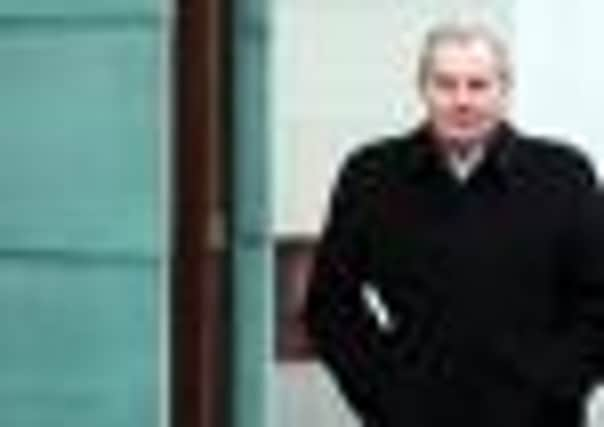Court order makes Ireland’s richest man bankrupt


The judgment, made at the Irish high court, is a victory for the state-owned Irish Bank Resolution Corporation, which sought to have Quinn bankrupted in the Republic of Ireland. The move followed a ruling last week in the high court in Belfast overturning Quinn’s attempt to declare himself bankrupt in Northern Ireland, where he would only have been banned from trading for one year.
Quinn had said he intended to challenge the bankruptcy summons but did not oppose yesterday’s motion. The application was brought on behalf of the now insolvent Anglo Irish Bank on the basis of judgments worth than €2bn against Quinn previously made by the courts.
Advertisement
Hide AdAdvertisement
Hide AdLawyers for the bank said that Quinn’s business interests, which included hospitality, construction, insulation materials, packaging, plastics, radiators and insurance, were centred mainly in the Republic, not Northern Ireland as the businessman had claimed when filling for bankruptcy in Belfast in November.
The bank hopes a thorough investigation of Quinn’s finances will now reveal capital and assets that it can reclaim from Quinn, his wife and five children.
Outside the Belfast court last week, Quinn – who grew up on a border farm in Northern Ireland’s County Fermanagh and left school barely literate at 14 – said he had always worked in Northern Ireland and had never used his home, a few miles south of the Irish border, as an office.
He said: “I never done a day’s work from southern Ireland in my life. I never done a day’s work in my home. I never had any computers, I never had any IT system. Everything was always done from Derrylin [across the border in county Fermanagh].
“There was never any question of me deceiving the court.”
As part of his Belfast bankruptcy bid, Quinn in November testified he had less than €11,000 in cash in three bank accounts.
The former businessman is paying the price for his disastrous gamble on the share price of Anglo Irish, the most reckless lender to speculators and developers during Ireland’s boom.
As Anglo shares began to drop in early 2008, on the back of concerns about its exposure to sub-prime mortgage debt, Quinn borrowed from Anglo to buy shares in the bank. Utilising a hidden stock trading technique known as contracts for difference, Quinn bought more than a fifth of Anglo Irish.
But the speculation backfired. By October 2008 shares bought at €6.28 were trading for €1.63. Anglo Irish is no longer in business, its colossal debts contributing to the collapse of Ireland’s banking sector. Quinn’s shares were ultimately rendered worthless when Anglo was nationalised in January 2009. His affairs now come under the control of a court-appointed official.
Advertisement
Hide AdAdvertisement
Hide AdIn a testy statement issued after yesterday’s hearing, Quinn said Anglo Irish Bank had “achieved their goal of ensuring that I will never create another job” and claimed the bank “has been pursuing a vendetta against me and my family”.